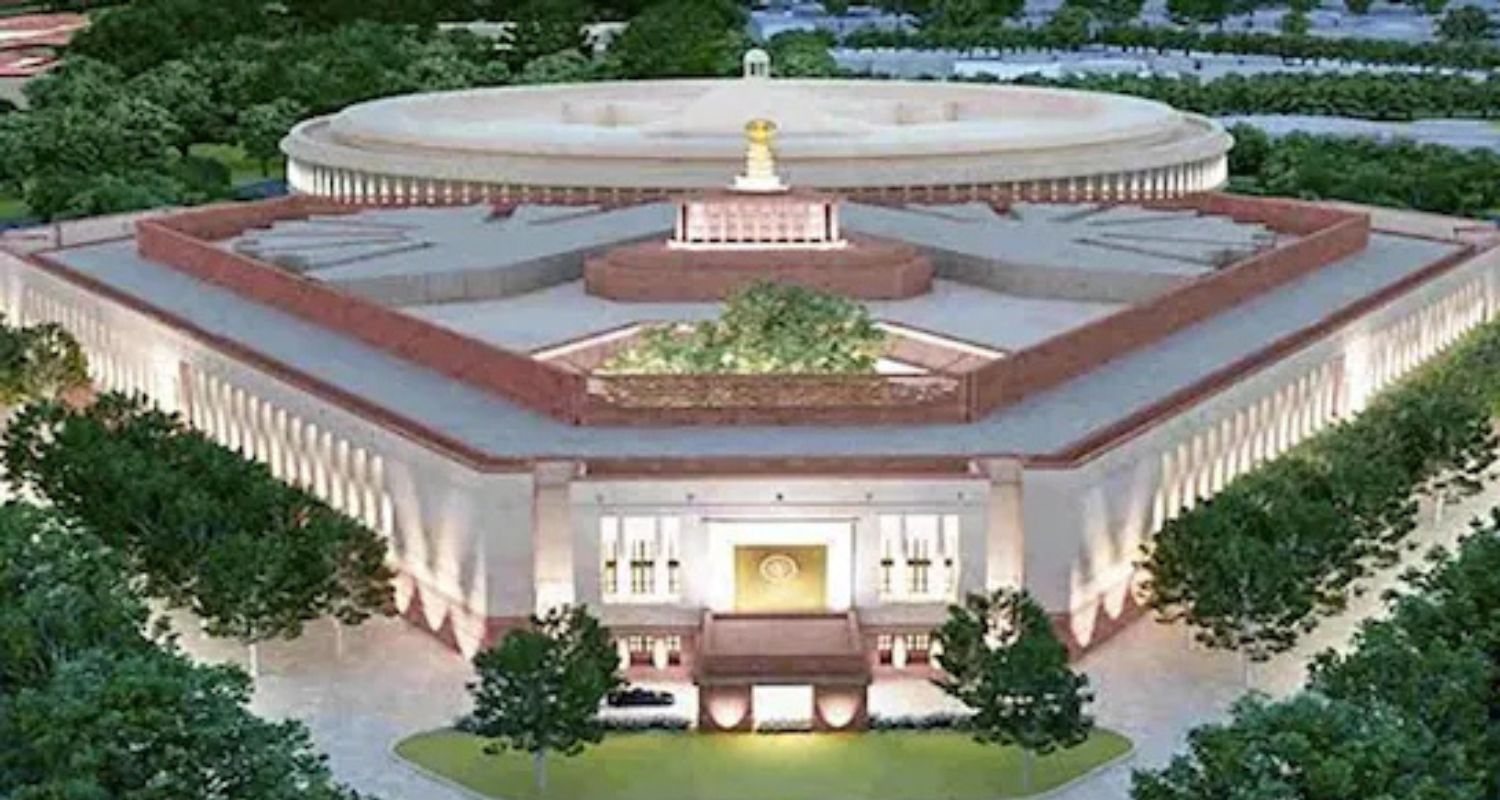The 'need of the hour' to amend the creamy layer income ceiling, according to a Parliamentary committee investigating the condition of Other Backward Classes (OBCs), is that a significant portion of eligible OBC households are being excluded from government assistance programmes and reservation benefits. The panel's ninth report, which was delivered to Parliament on Friday, stated that the income level was last revised in 2017 from Rs 6.5 lakh to Rs 8 lakh annually.
The ceiling must be evaluated every three years, or sooner if necessary, in accordance with Department of Personnel and Training (DoPT) regulations.
“The present threshold is low, covering only a small segment of OBCs,” the panel, chaired by BJP MP Ganesh Singh, said, adding inflation and rising incomes in even lower-income groups had made an upward revision the 'need of the hour.' "The Committee is aware of the fact that the income limit for determining the creamy layer for OBCs should be reviewed every three years or even before the stipulated period. However, the same has not been revised since 2017," it said.
"The Committee, therefore, in no uncertain words, reiterates their recommendation for reviewing and accordingly revising the present creamy layer threshold limit to cover more and more persons from the OBCs as this would eventually help in raising their socio-economic condition to a satisfactory level," the panel said.
However, 'there is no proposal under consideration' to change the creamy layer limit, the Ministry of Social Justice and Empowerment informed the committee. The lack of equivalency between government and autonomous body posts for assessing creamy layer status is another outstanding issue raised by the panel.

According to the research, qualified OBC candidates—including those who passed the UPSC Civil Services Examination—were denied service allotment as a result of the lack of such equivalency because their parents' incomes were calculated without taking post-equivalence into account.
In order to remedy the issue, the committee recommended that the ministry work quickly with the interdepartmental group that the DoPT established in 2023. Although ten of the twelve suggestions made by the panel in its previous sixth report were approved, the lack of equivalency between government and autonomous body posts for assessing creamy layer status is another outstanding issue raised by the panel.
According to the research, qualified OBC candidates—including those who passed the UPSC Civil Services Examination—were denied service allotment as a result of the lack of such equivalency because their parents' incomes were calculated without taking post-equivalence into account.
Also Read: Set your house in order; suspend hostilities for a while
Proposals that have been approved include raising the parental income threshold for scholarships, extending the PM-YASASVI Pre-Matric Scholarship Scheme to Class V, expanding the number of spots available for OBCs, Economically Backward Classes (EBCs), and Denotified Tribes (DNTs) in "Top Class" school and college education programmes, and improving central grants for OBC welfare.
Concern was also raised by the panel regarding a precipitous decline in scholarship recipients. Recipients in the pre-matric programme decreased from 58.6 lakh in 2021–2022 to 20.29 lakh in 2023–2024, and spending decreased from Rs 218.29 crore to Rs 193.83 crore respectively.
During the same time period, post-matric beneficiaries decreased from 38.04 lakh to 27.51 lakh, while expenditures decreased from Rs 1,320 crore to Rs 988 crore. Proposals that have been approved include raising the parental income threshold for scholarships, extending the PM-YASASVI Pre-Matric Scholarship Scheme to Class V, expanding the number of spots available for OBCs, Economically Backward Classes (EBCs), and Denotified Tribes (DNTs) in 'Top Class' school and college education programmes, and improving central grants for OBC welfare.
Also Read: Shah becomes longest serving HM, PM Modi compliments in NDA meet



